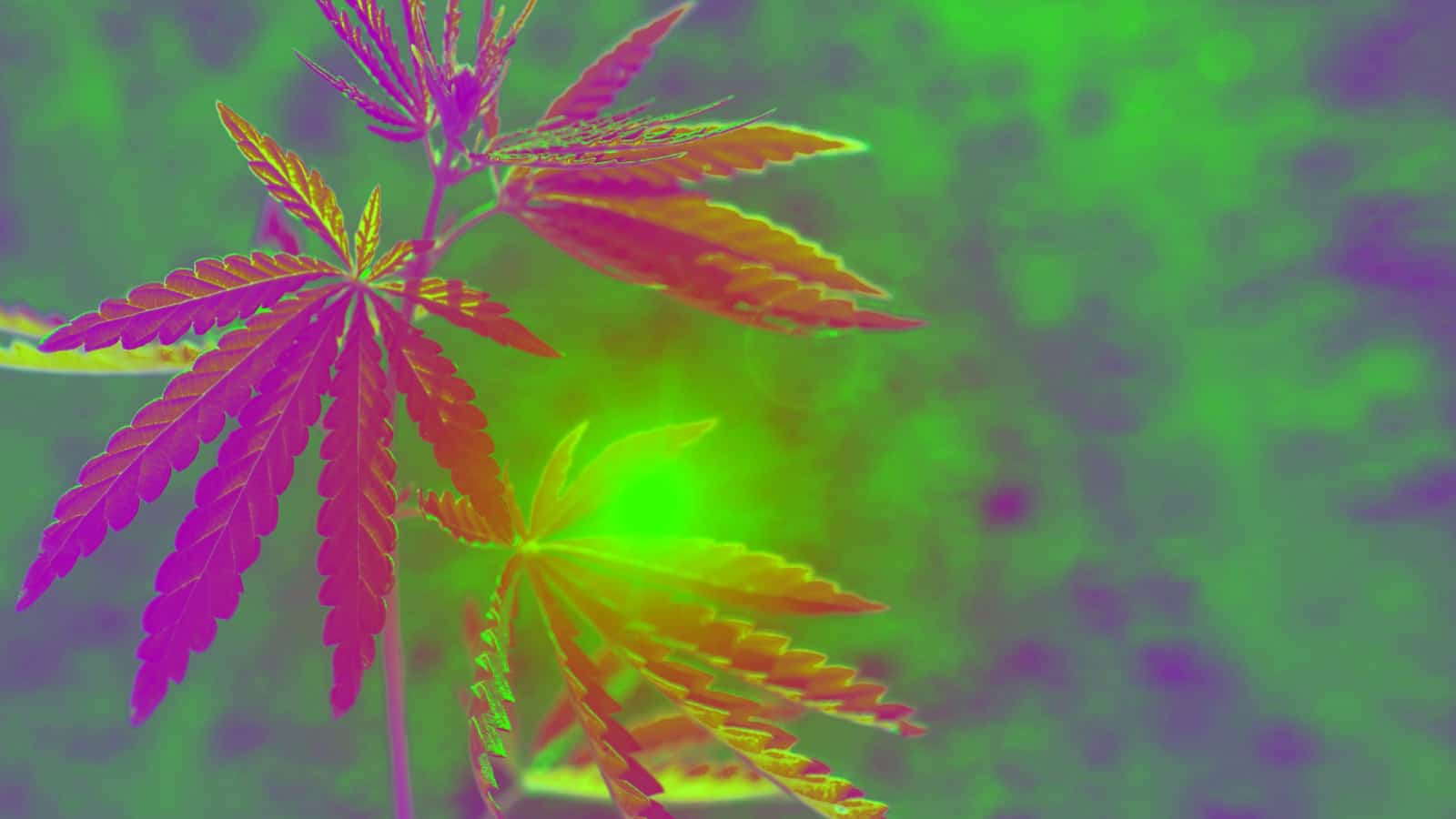In 2018, a new law massively changed the cannabis industry. The Farm Bill adopted regulations allowing for industrial hemp cultivation, processing, and sale in the US. So what did this mean exactly? Well, not only did high CBD hemp products flood the market, but now, manufacturers had leeway to explore other cannabinoids. Soon Delta-8 THC was having its moment in the limelight, but now, THC-O is making waves. First for its potent effects, and now for its legal status update. Read on for more info.
What is THC-O?
Maybe you’ve heard of this THC variant already. It’s gaining notoriety for its extreme potency and its legal status. We know that THC is the major cannabinoid in marijuana. It offers the high we associate with weed and is also highly regulated in states with legal weed. This type of THC is called Delta-9 THC, but there are other forms of THC. Delta-8 and Delta-10 are famous for their “light” effects that resemble Delta-9 but with less psychoactive properties.
There is nothing light about THC-O. In fact, it’s beloved for its extra strength and availability in states that have not yet legalized recreational marijuana.
How is THC-O Made?
The “O” in THC-O describes the addition of acetate. Technically, the full name is O-acetyl-Δ9-THC, but we’ll just stick with THC-O for simplicity. Unlike other minor cannabinoids, THC-O is a synthetic cannabinoid that is not naturally occurring. Instead, it is made in a lab through multiple series of extractions and chemical alterations.
The process begins with a THC molecule. To fall in line with hemp regulations, that means it’s often hemp-derived Delta-8 THC. Once extracted and isolated, lab technicians add a highly volatile, flammable acetic anhydride to the molecule. The resulting chemical reaction produces THC-O. Of course, this is an oversimplification, and no one should attempt to make it at home.
Once produced, it is a suitable addition to THC-O vape pens and disposables, edibles, or infused joints.
THC-O Potency & Effects
THC-O’s claim to fame is its potency. In fact, it’s so strong that it is hailed as three times stronger than Delta-9 THC. That is a significant increase in strength, especially for a hemp-derived cannabinoid. It’s believed that the added acetate is responsible for this because it makes it easier for THC-O to bind to our endocannabinoid receptors. Which, as we know, are part of our endocannabinoid system that governs how our bodies receive and process cannabinoids.
The acetate increases bioavailability, meaning the effects will come on stronger and faster than regular THC. In terms of effect, that means triple the high in the same amount of product. Consumers report that THC-O is so intense that it borders on psychedelic. Not psychoactive – psychedelic. It has been compared to mescaline and LSD and is often called a “spiritual cannabinoid” because of these trippy effects.
A hit or two from a vape pen might get you stoned, but we’re not insinuating that it will cause you to hallucinate. However, large doses just might. What is a large dose? That’s primarily up to each individual to decide. Everyone processes THC differently and shouldn’t expect the same results.
THC-O is not best suited for first-time users or those who just want to get a buzz. Yet, medical patients are singing its praises because they now have an option for the tolerance they’ve built up from regular THC products. Plus, easy access means more people can try THC-O, which is a double-edged sword.
Is THC-O Legal?
Over the past few years, alternative cannabinoids derived from hemp have taken over the market as a more accessible means of achieving a high. THC-O has been beloved by consumers for its potent effects and easy accessibility. Nevertheless, THC-O products have existed in a legal grey area until February of 2023 when the Drug Enforcement Administration (DEA) has declared Delta-8-THC-O and Delta-9-THC-O illegal controlled substances. These synthetic cannabinoids are not naturally occurring in either hemp or marijuana.
The 2018 Farm Bill legalized industrial hemp and its derivatives as long as they contain no more than 0.3% Delta-9-THC by volume. Following that, the market for cannabinoids has grown in the states, with various alternative cannabinoids emerging, including synthetic THC isomers.
At present, this recent update does not impact alternative cannabinoids like THC-JD, THC-P, THCP-O, THC-H, and THC-B since they naturally exist in trace amounts. Advocates believe that only ending the federal prohibition on marijuana will successfully regulate synthetic or naturally occurring cannabinoids.
Will I Fail a Drug Test for THC-O?
Even though hemp is legal, that doesn’t mean you can use hemp products and pass a drug test. Unfortunately, modern drug tests cannot determine the source of origin. Instead, they are looking for THC metabolites, which can come from Delta-8, Delta-9, Delta-10, THC-O, or any other THC variant. Actually, it’s possible to fail a drug for CBD. This is because a full-spectrum CBD product contains trace amounts of THC (less than 0.3%) that can build up over time and trigger a positive result on a drug test.
Where to Shop for THC-O
Unfortunately, now that THC-O has been banned, consumers will no longer be able to access these products. Instead, we suggest trying out another THC isomer. If you prefer something potent, check out THC-P. If you would like a mild buzz, HHC or Delta-8 might be your best bet.







